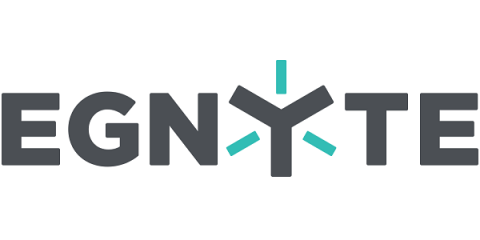Why Zero Trust Is Not As Bad As It Sounds
"Zero Trust" refers to a network security strategy that calls for all users – internal and external – to be authenticated before gaining access to the network. Zero Trust means organizations never implicitly trust anyone with their sensitive data. Instead of using a blanket network perimeter, Zero Trust networks implement a series of micro-perimeters around data so only users with clearance to access certain data points can get to them.







